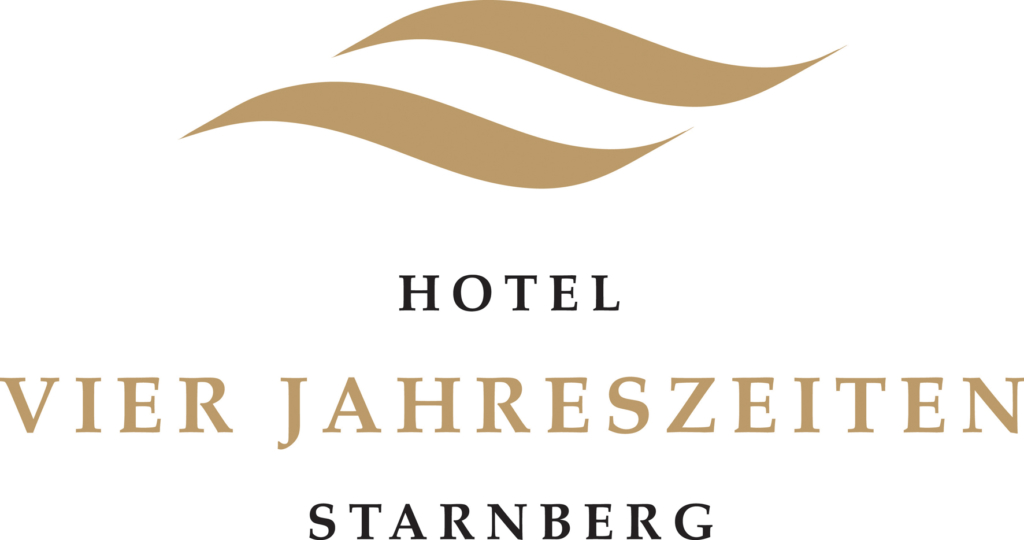Competitor pricing and demand & supply…
Is that all there is to calculating the right transient price? Or, is there something more important?
When a customer chooses a hotel, the most important element that comes into the decision is ‘value’. When I use the word value, I am not referring to five star service, champagne on arrival or any other luxuries.
While price answers the question, “What do I pay?”, value answers the question, “What do I get for what I pay?”
Whenever a guest books a hotel room, they expect a certain level of value commensurate to the amount of money they have paid, whether it’s for $50 or $1000.
Expectations
Every traveler has certain expectations. During every stay, some of those expectations are met, while some of those are not. Guests today have the highest of expectations and they are becoming increasingly careful to make the right choice of hotel whether they are travelling for business or pleasure.
In other words, guests are very keen on determining what kind of value they will get if they stay at your hotel.
How do travelers know what they would get?
The most preferred way is through conversations with people they already know, but the second most common way is through social media – through reviews and ratings on sites like Tripadvisor, Travelocity and other similar sites.
What is social media really?
Social Media is about expression and conversations – about what people are thinking, feeling and doing. Social media is the place where people will talk about their experiences and it’s a place where people will listen.
In fact social media plays an active role in promoting the travel industry. According to Webbed Feet, 52% of Facebook users say their friends travel photos inspire their own travel plans.
What does this mean?
If someone decides to visit a city because a friend or a colleague has loved the place, they are also likely to avoid that destination if someone leaves a negative review.
Of course the story is the same with a hotel. A review will similarly impact how people will perceive the hotel.
In other words, reviews and ratings are a key determinant of your hotel’s value. Which brings us back to what we stared this article with – price. Reviews and ratings plays a key role in the price that you will be able to charge.
What the Research says
Chris Anderson from the Cornell Hospitality Research Center (School of Hotel Administration at Cornell) undertook a research project titled “The Impact of Social Media on Lodging Performance”.
The study used data from STR, Travelocity, comScore and TripAdvisor to assess the impact of social media on a hotel’s ability to set prices, drive occupancy and increase revenue.
The study found that…
- A growing number of travelers are visiting Tripadvisor prior to making a booking
- An increase in aggregate user ratings by one point (e.g. 3 to 4), allows a hotel to increase their prices by 11.2% without lowering occupancy
- A 1% increase in a hotel’s ReviewPro’s Global Review Index ™ score increases ADR by 0.89%, occupancy by 0.54% and RevPAR by 1.42%.
Put very simply, better reviews and ratings will allow you to earn higher revenues.
Therefore your transient pricing strategy needs to take into account conversations on social media about your brand as well as your competitor brands.
How do you translate Reviews into Prices?
But exactly how do you make sense of all the numerous conversations on social media and review sites and use that information to drive your transient pricing strategy?
The difficult way!
What you can do is develop your own algorithm about how reviews and ratings will impact your prices. You can extract qualitative data from review sites, convert them into quantitative data and punch in those figures into an excel sheet. You algorithm does the rest.
However, there are quite a few problems with this approach…
- Your algorithm might not be that accurate. You would have to go through hundreds of iterations and experimentation till you arrive at a satisfactory algorithm that actually helps you increase your revenues.
- It’s hard work. You would have to expend a considerable amount of effort into this process.
- It’s expensive. You would probably have to invest valuable resources to do this successfully
- It’s time consuming. In today’s world, prices move very rapidly. It would be close to impossible to respond quickly and optimize your prices using this manual approach.
The Easy Way!
Sounds exhausting doesn’t it?
What if you could accomplish all the above without taking the manual route?
What you need is a system which can automatically analyze reviews and arrive at metrics – values which can be used to determine your prices.
That is exactly what RevGain does. It leverages an intelligent sentiment technology to transform online chatter and conversations to actual guest satisfaction metrics. Then it combines these metrics with competitor pricing, occupancy, booking pace and demand and supply figures to get you an optimum transient price – a price that will maximize your revenues.
Give yourself the advantage
Reviews and ratings are a crucial part of pricing your hotel rooms today. Once you begin to incorporate it into your hotel pricing strategy, you give yourself that extra edge over your competitors.
Because, after all, it’s not just about the price. It’s about the value.
 Deutsch
Deutsch Português
Português Italiano
Italiano Espanol
Espanol čeština
čeština ไทย
ไทย Français
Français

